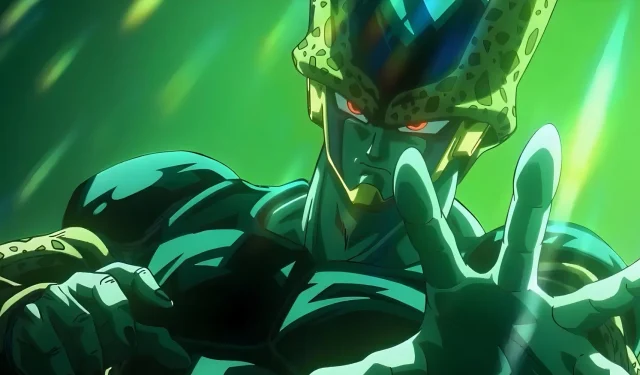
Dragon Ball Z is renowned for its impressive lineup of villains and memorable moments, but none resonate quite like the Cell Saga. This arc encapsulates the essence of the series, showcasing dramatic transformations, intense battles, character evolution, and profound themes of power and sacrifice, making it arguably the pinnacle of Dragon Ball Z.
While we can’t overlook thrilling sagas like the Frieza and Buu arcs, it’s the Cell Saga that has remained an enduring favorite among fans long after its conclusion. In this narrative, survival extended beyond simply defeating a powerful foe; it highlighted the significance of every character’s role and the consequences of their choices. The Cell Saga delivered an action-packed experience combined with emotional depth, leaving an indelible mark that continues to captivate audiences today.
Cell Redefined Villainy in Dragon Ball Z
Cell’s Adaptability Made Him More Dangerous Than His Predecessors
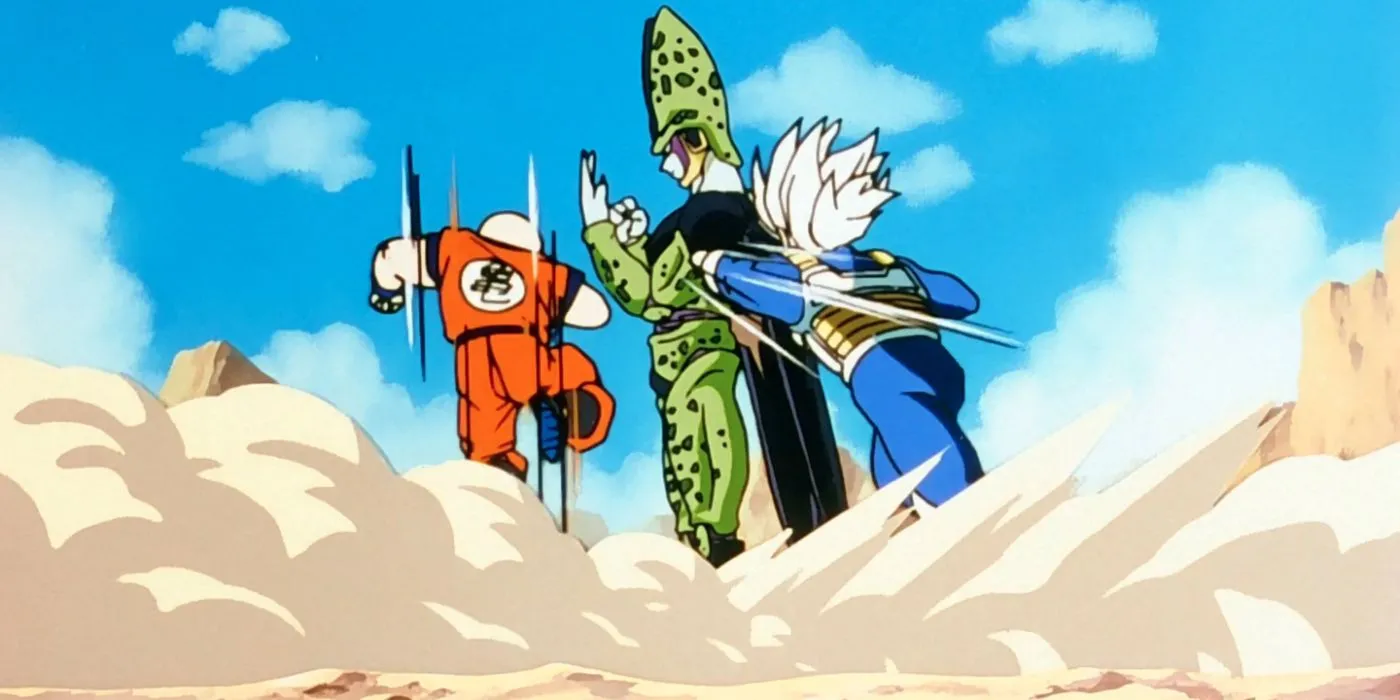
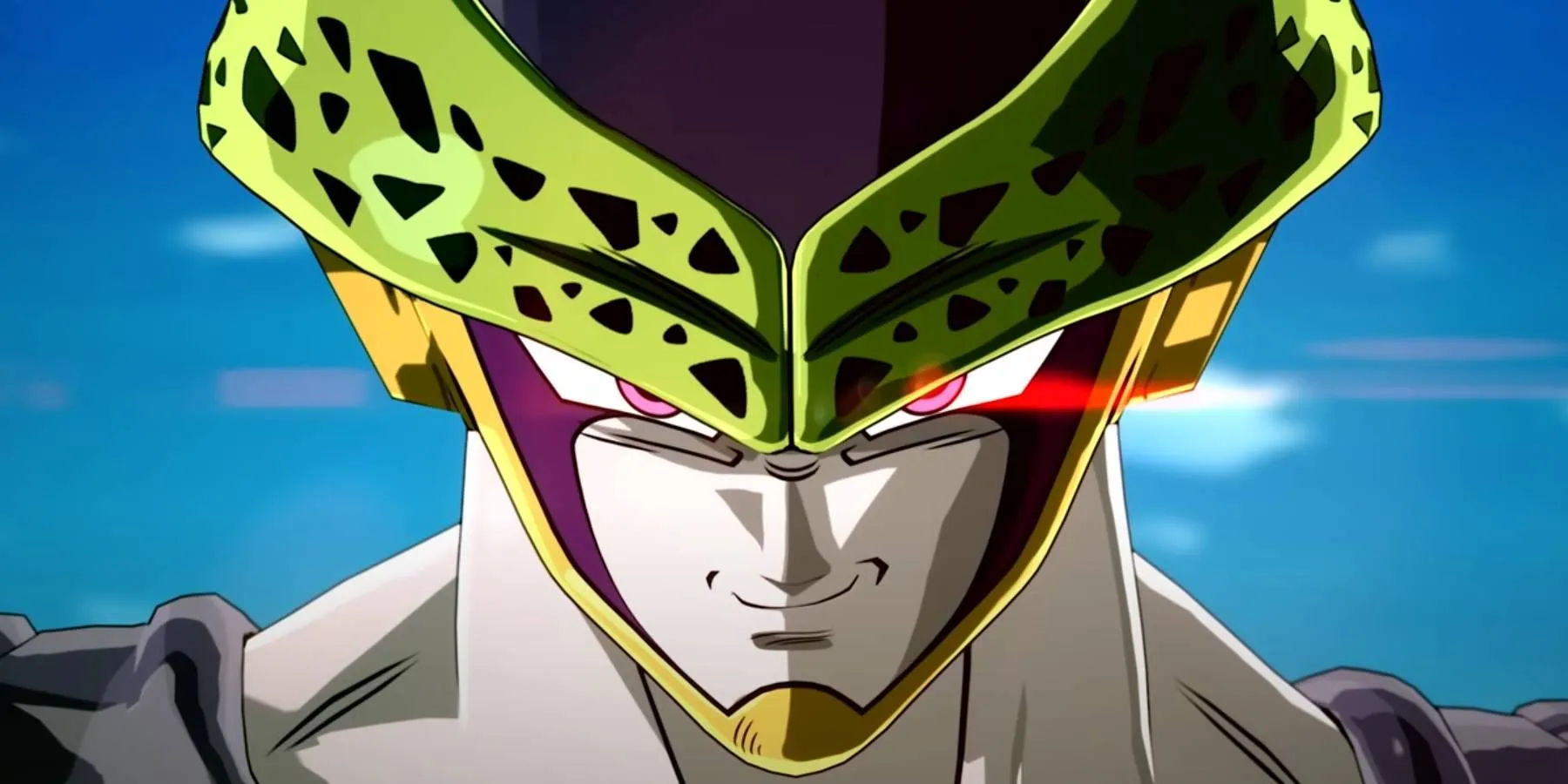
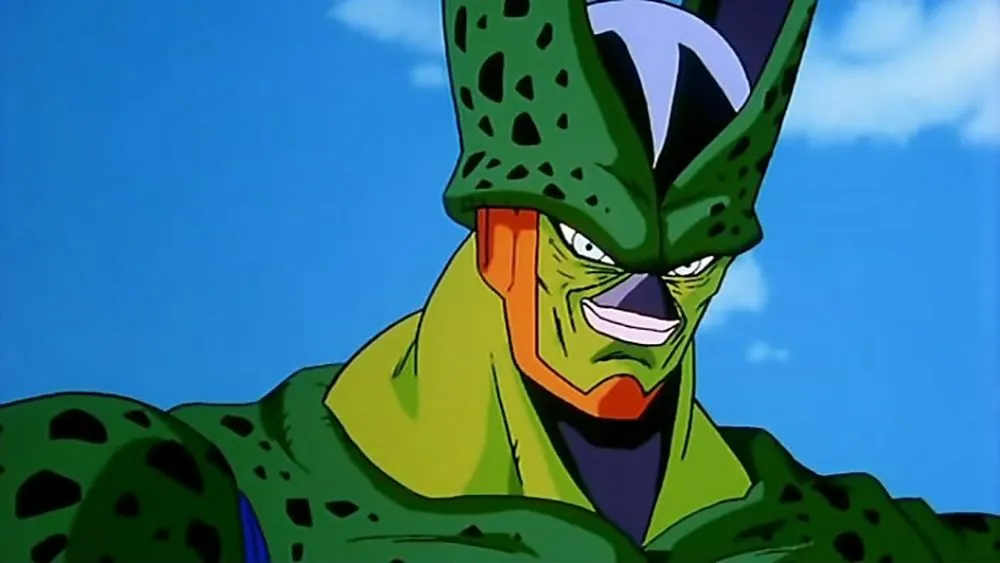
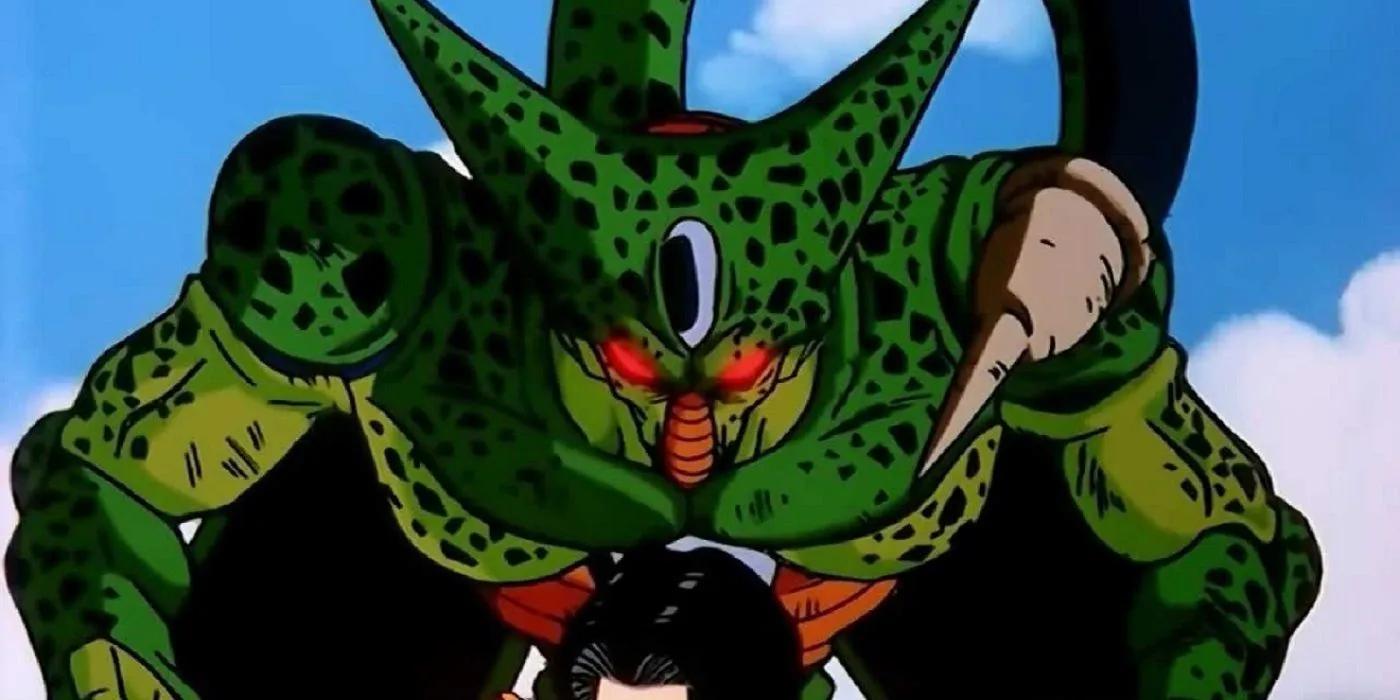
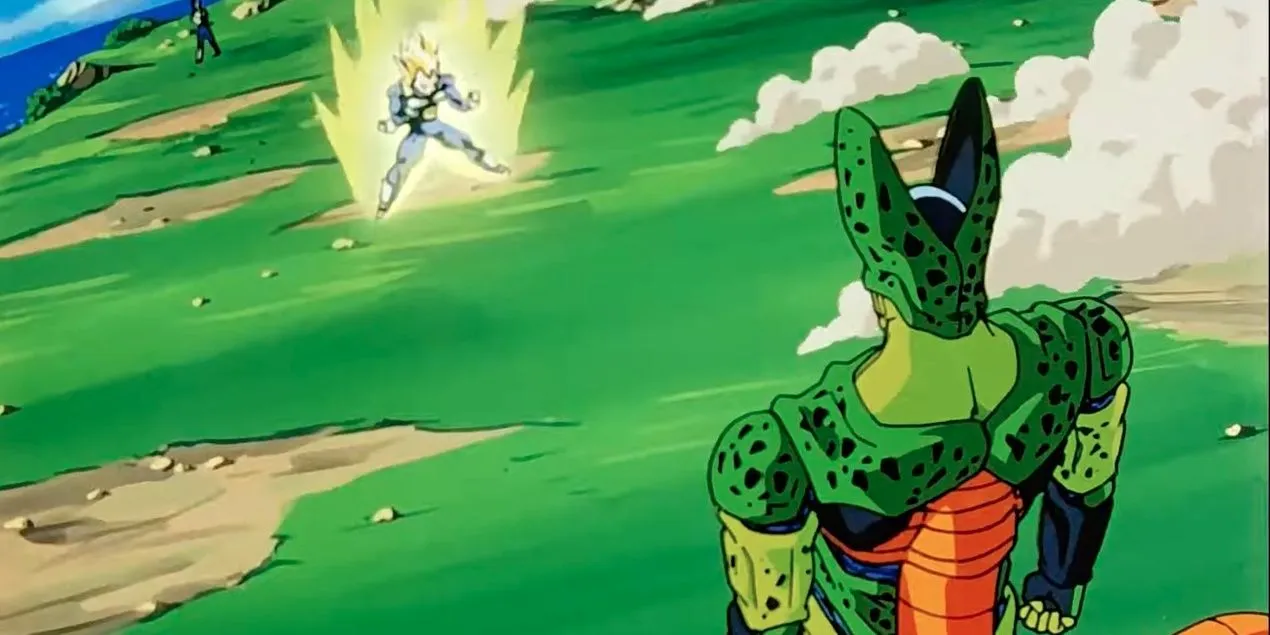
Cell emerges as one of the most intricate villains within the Dragon Ball Z universe. Diverging from Frieza’s tyrannical force, Cell is characterized by his adaptability and cunning strategy, exploiting his enemies’ weaknesses to achieve his goals. Designed by Dr. Gero as the culmination of the Red Ribbon Army, he symbolizes the consequences of their past actions, becoming a formidable threat born from the Z-Fighters’ own experiences.
His transformational journey throughout the saga highlights his ability to evolve quickly and strategically. As Semi-Perfect Cell, he demonstrated a calculated mindset, manipulating characters like Vegeta against their better judgment. By the time he assumed his perfect form, Cell’s demeanor shifted to one of unsettling tranquility, exhibiting an arrogance paired with a strange respect for his adversaries, as he prepared for the Cell Games.
Cell’s aspirations were driven not by pure malice but rather a quest for perfection and self-gratification. His cleverness and awareness of psychological warfare gave him an edge, as he reveled in the tension he created while waiting for the Games to commence.
The Cell Games: Dragon Ball Z’s Crowning Showdown
Cell Challenged Power and Mentality in the Games
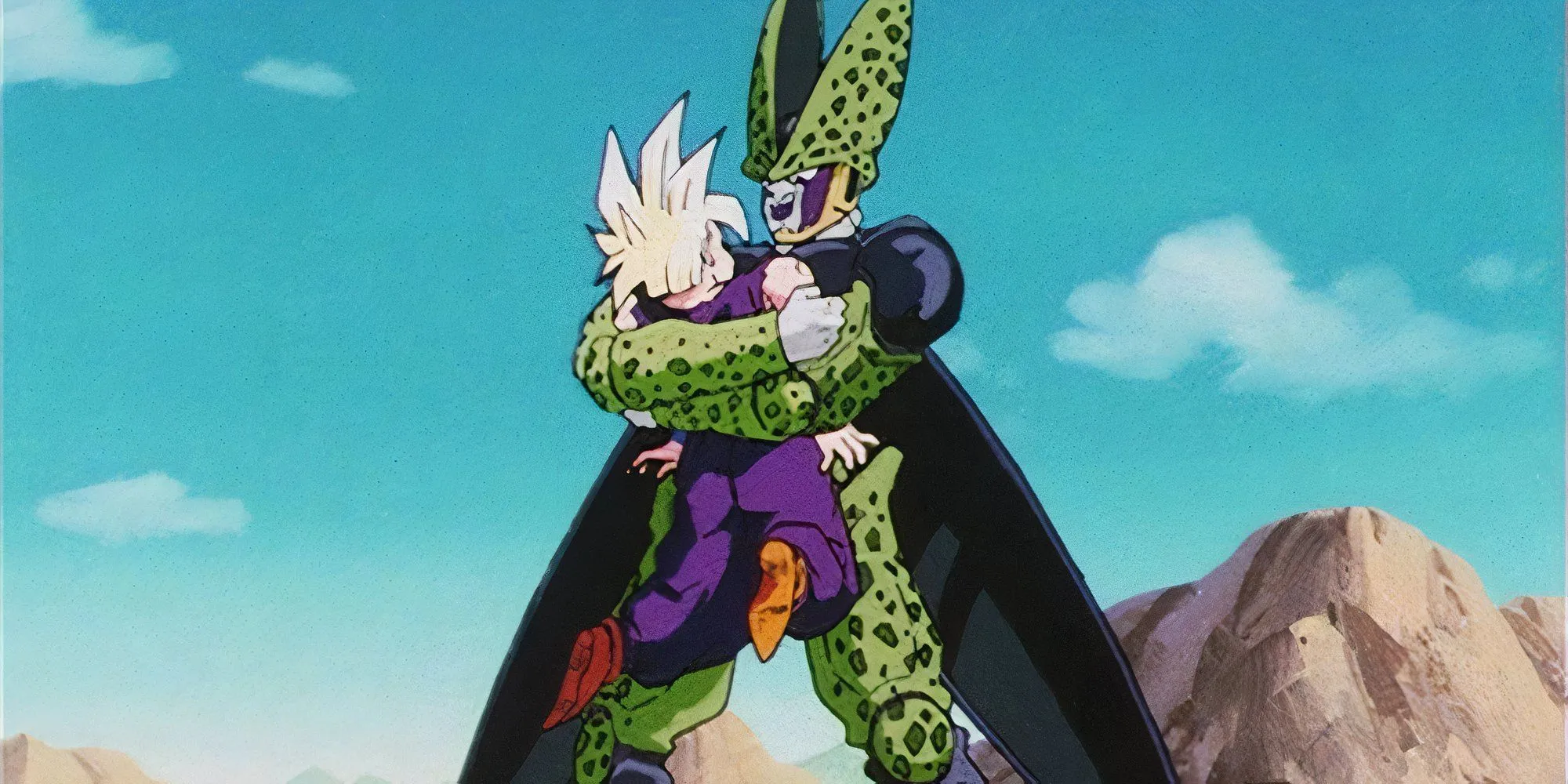
The Cell Games represent one of the most gripping moments in Dragon Ball Z. This arc evolved beyond mere survival, evolving into an elaborate display of Cell’s strength, complete with taunts aimed at Goku and his comrades. With the return to tournament-style rules, the stakes soared, creating an atmosphere thick with tension.
This saga’s intensity was amplified by the character development woven throughout. Goku’s decision to hand over the reins to Gohan, the discontent expressed by Piccolo regarding Goku’s burdening choice, and Vegeta’s confrontation with his shortcomings all contributed to a palpable tension. The battle transitioned into a psychological struggle, challenging each character to confront their limitations and the ramifications of their choices.
Cell’s aptitude for psychological warfare was on full display during the Games, as he unleashed the Cell Juniors on Gohan’s friends, turning the fight into chaos. This brutal tactic nearly pushed Gohan over the edge until the death of Android 16 ignited his transformation into Super Saiyan 2.
Android 16’s demise became one of the series’ most poignant moments. Programmed for destruction, his gentle nature made him an unlikely hero. This connection made his sacrifice all the more impactful, resonating deeply with Gohan and audiences alike. Paired with Goku’s own sacrifices, the saga crafted a thrilling narrative where nothing was certain and everything was at stake, culminating in an arc with maximum tension and emotional weight.
Unforgettable High Stakes and Emotions in the Cell Games
The Emotional Undercurrent of the Cell Saga
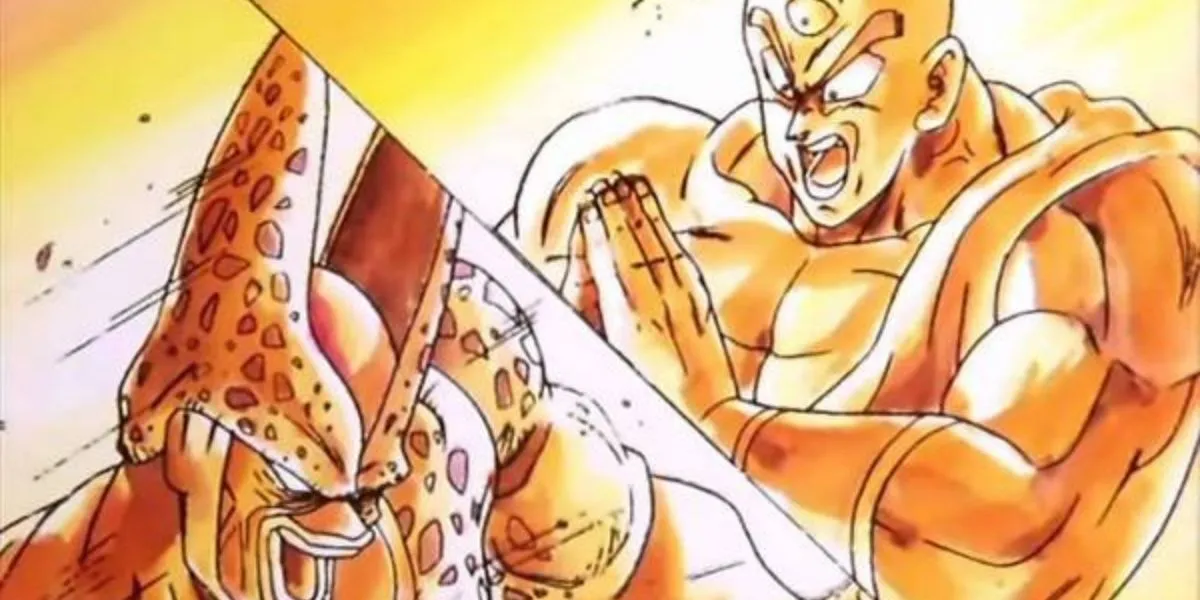
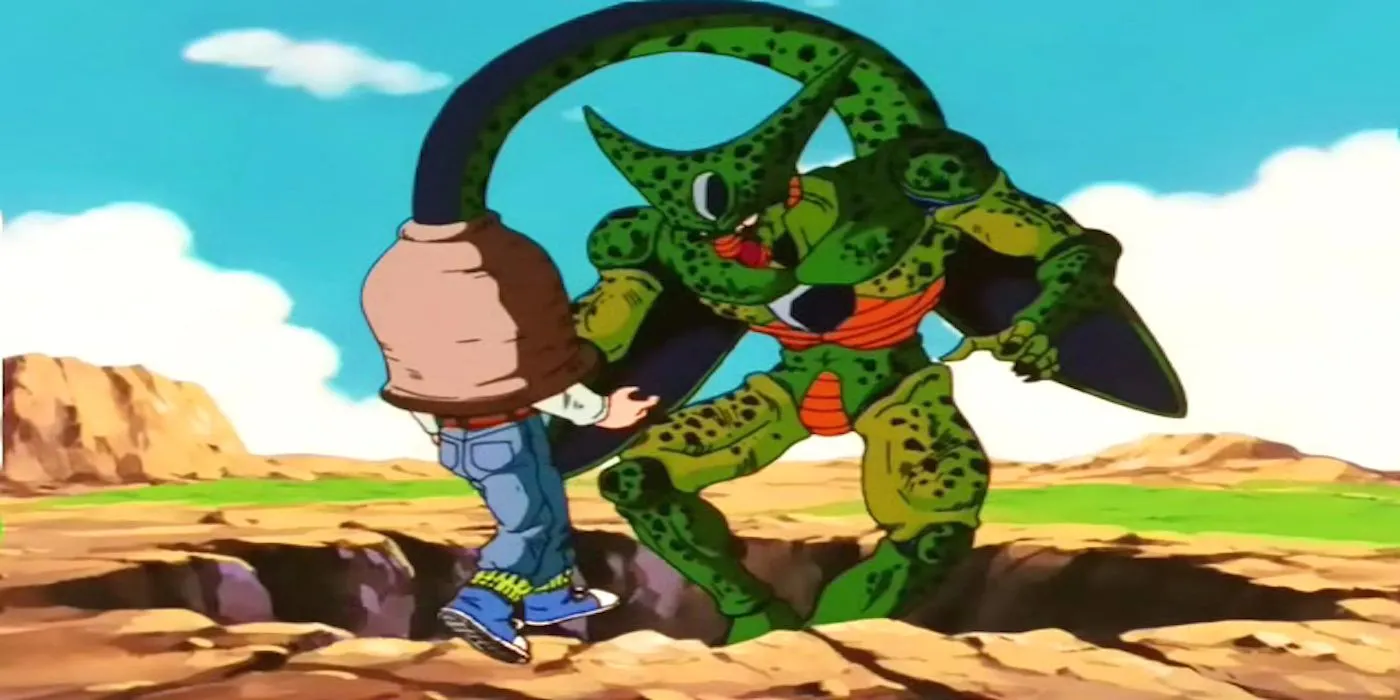
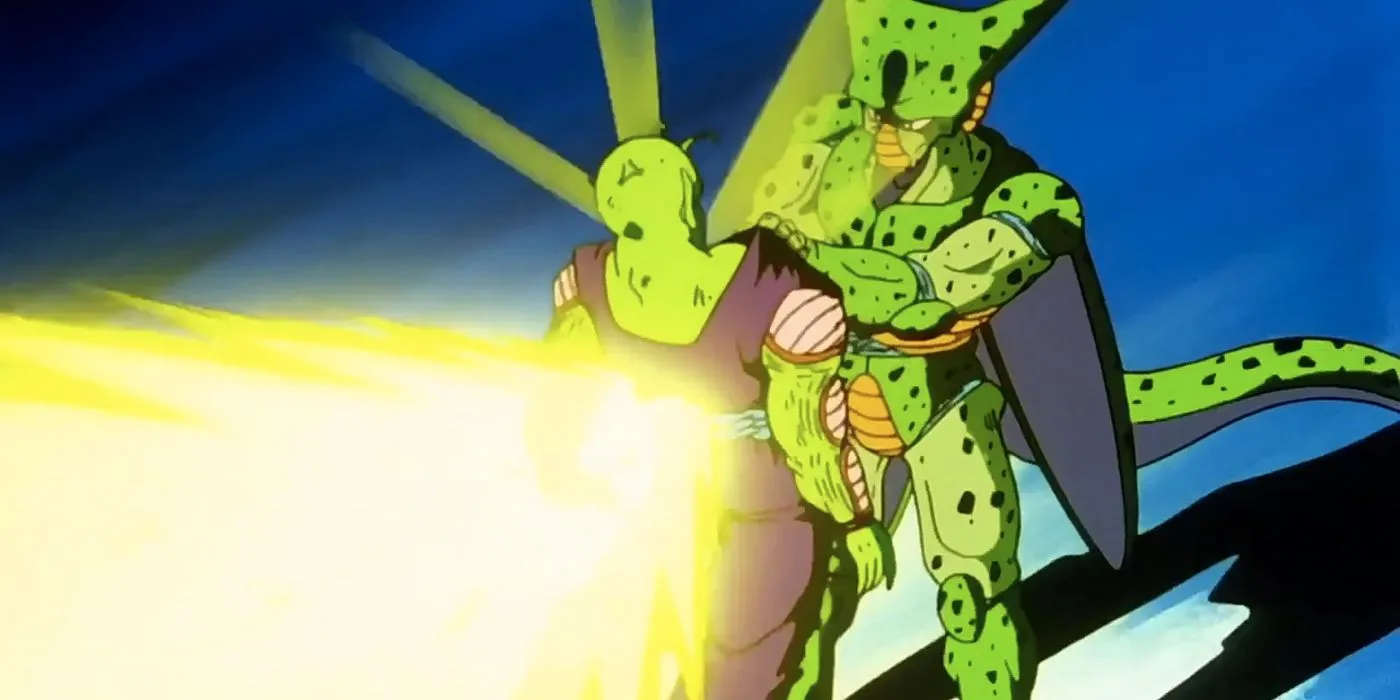
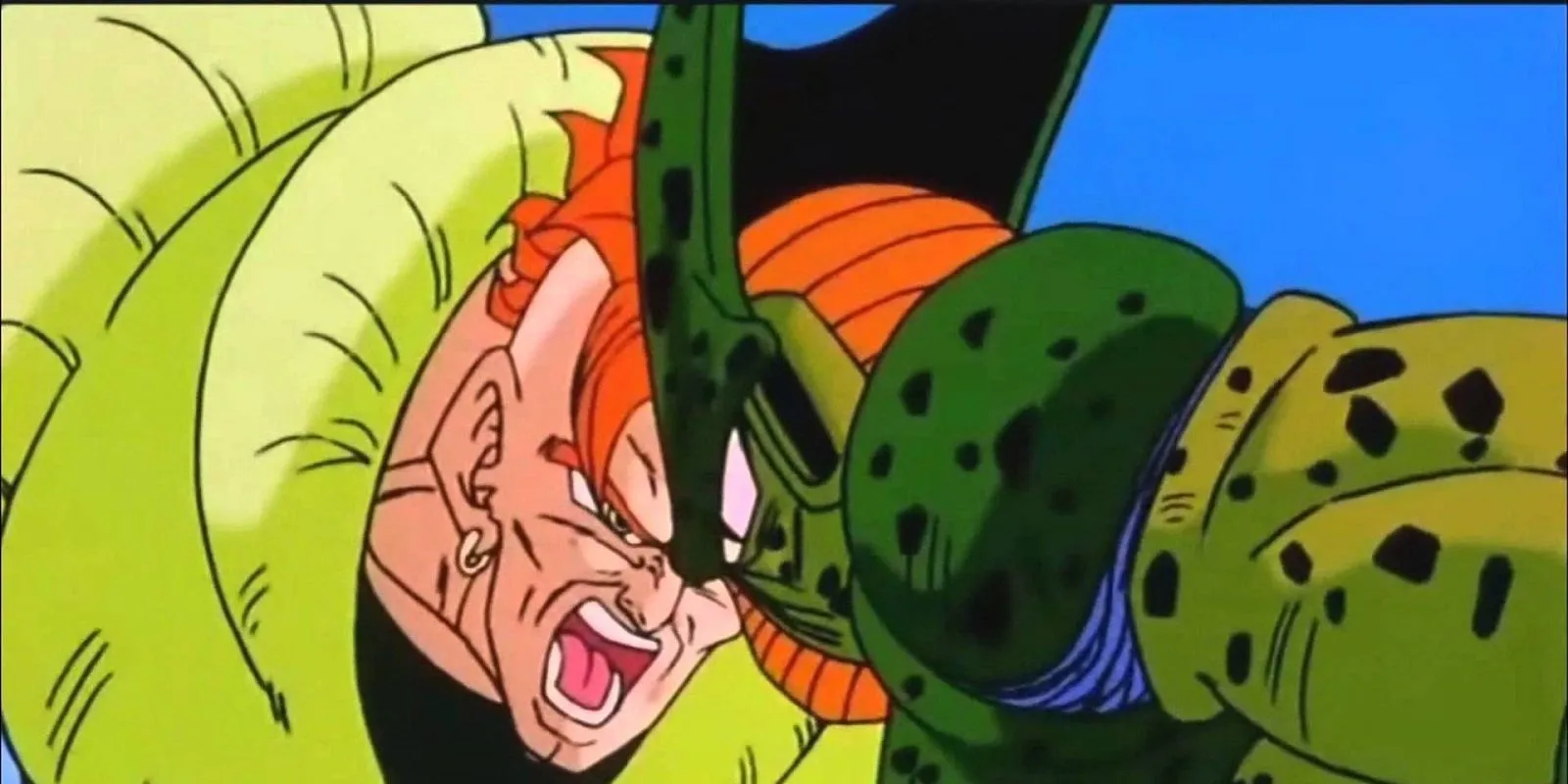
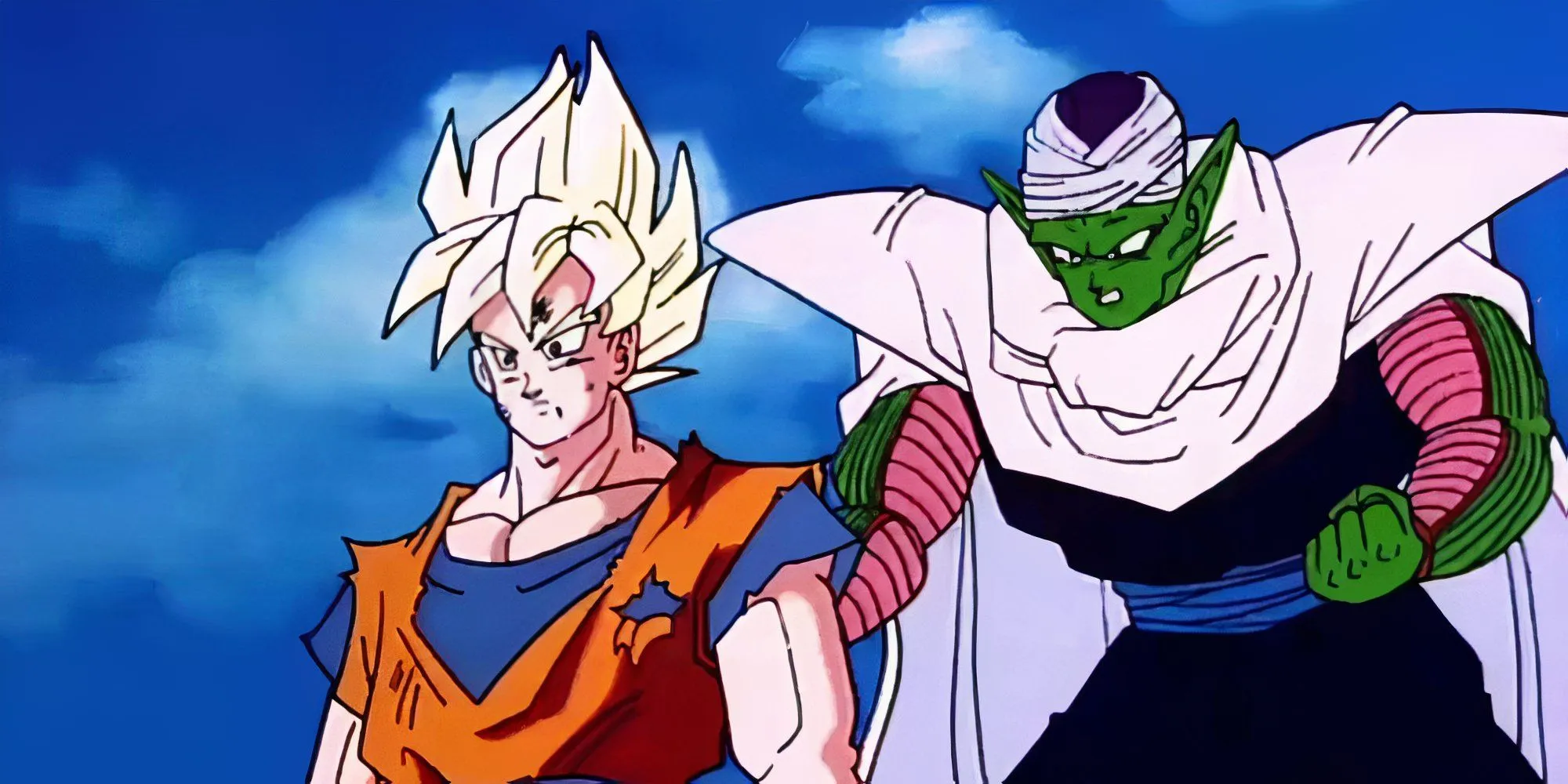
As Cell positioned himself to destroy the planet, the saga’s stakes were amplified by the characters’ remarkable growth, aligning seamlessly with their established personas. Goku’s choice to trust Gohan with the battle was a pivotal moment, signifying his acknowledgment of personal limitations and empowerment of the next generation. Gohan’s struggle to meet his father’s expectations added a profound layer of emotional complexity to the narrative.
Ultimately, as Gohan embraced his transformation into Super Saiyan 2, it was fueled by raw emotions and overwhelming grief—a recurring theme in the series. Vegeta’s regret for allowing Cell to attain his perfect state and its repercussions for his son galvanized him into a fierce fighter. Meanwhile, Piccolo’s protective instincts toward Gohan highlighted the mounting emotional stakes.
Ultimately, the Cell Saga distinguished itself as more than just a clash of mighty warriors. Instead, it evolved into a profound struggle of ideals and wills, illuminating both the strengths and flaws of its characters. The high stakes intertwined with emotional narratives made it one of the most captivating arcs in all of Dragon Ball Z.




Leave a Reply